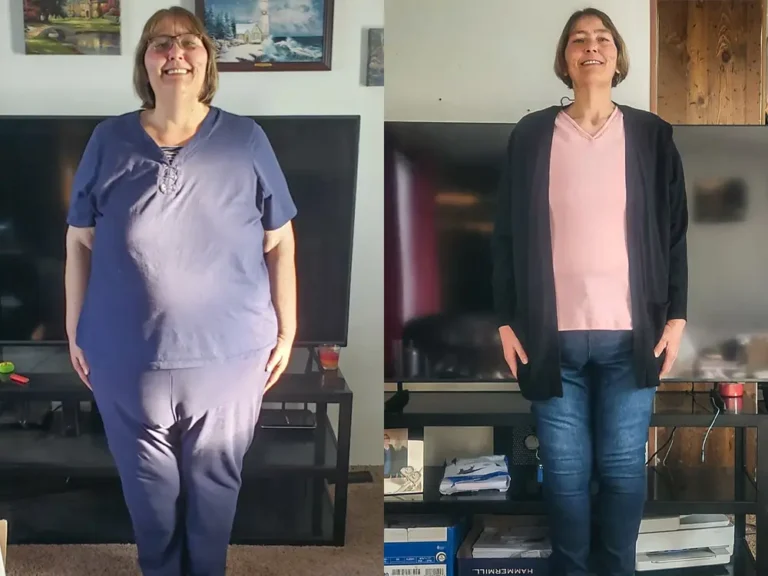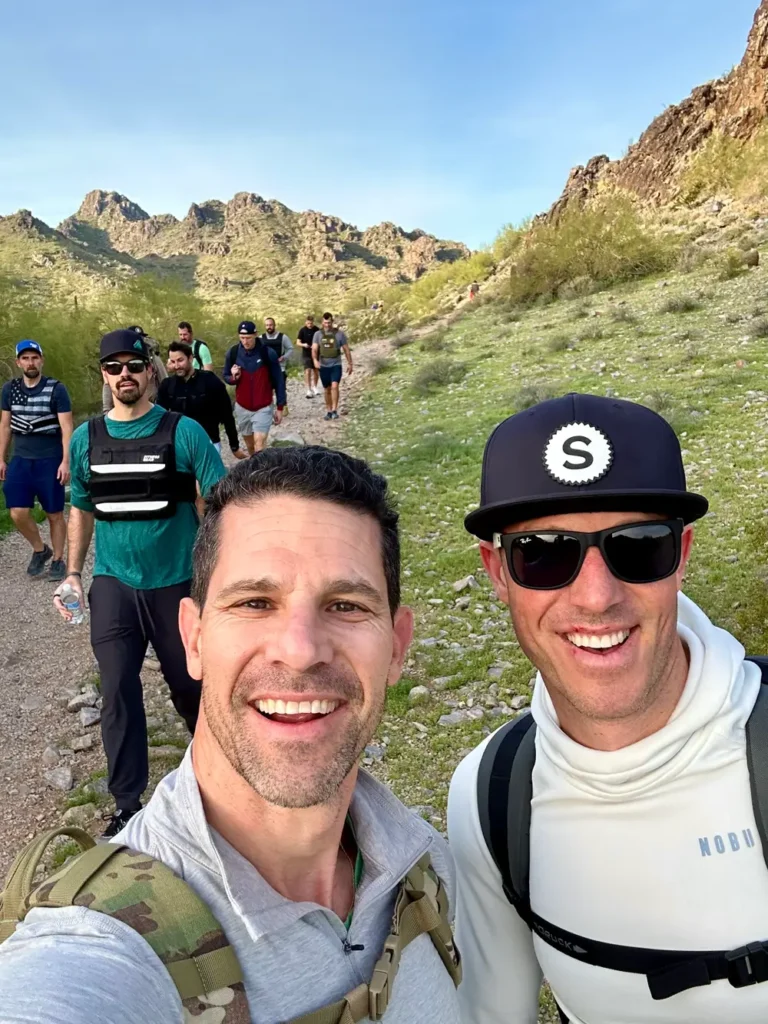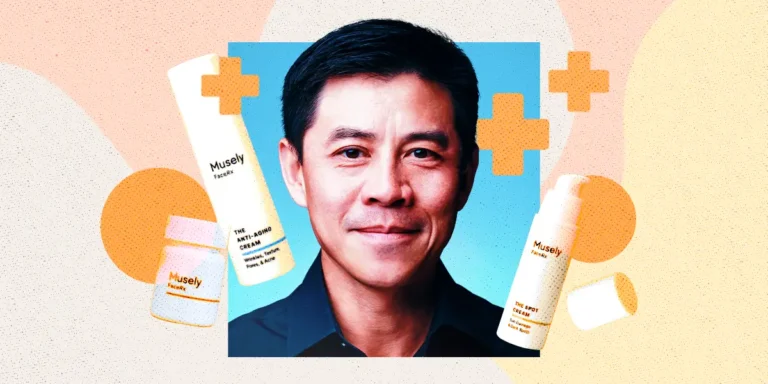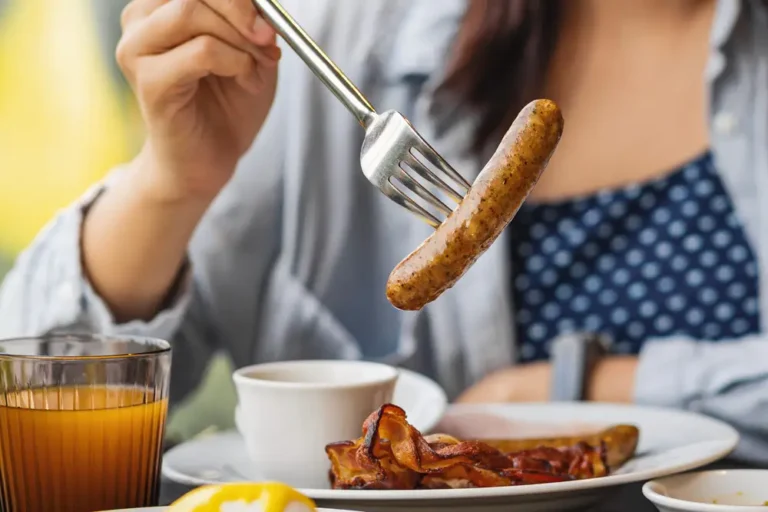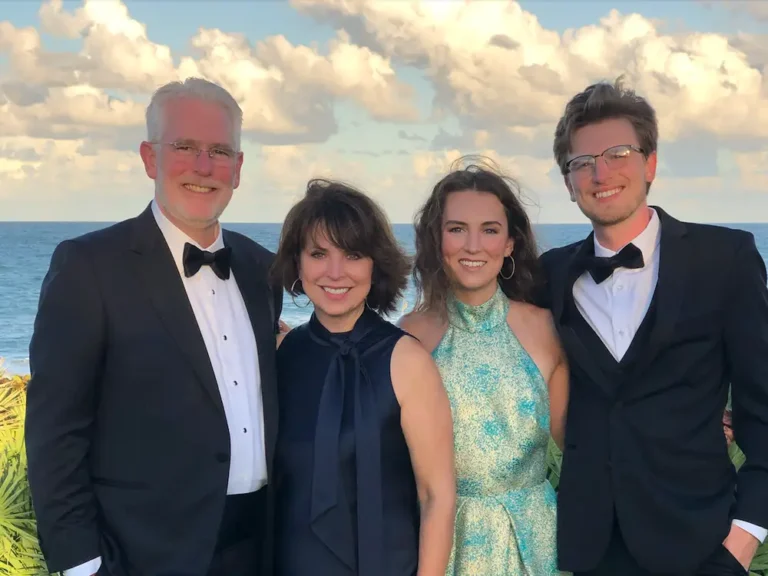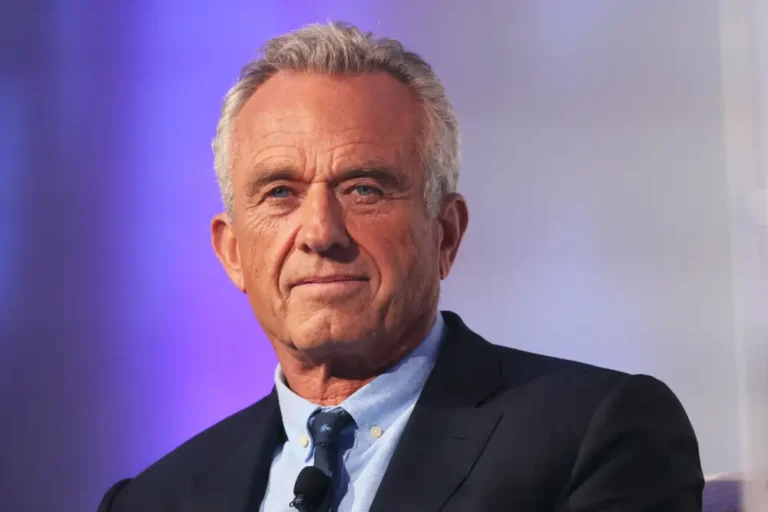How to sleep like a millionaire: a 5-part guide
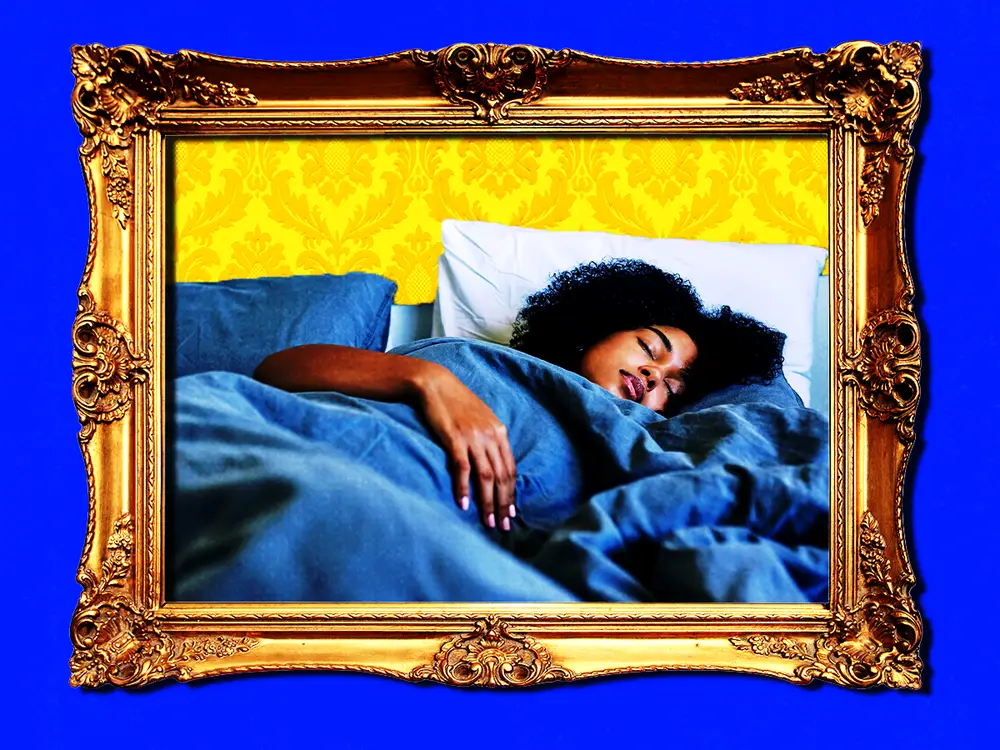
Sleep is becoming the ultimate luxury item.
Biohackers swear by it. Longevity scientists love it.
But how to get more of it?
Longevity investor and XPrize founder Peter Diamandis uses a relatively elaborate multi-part system for getting better sleep. It’s one of the most important elements of his new longevity playbook, in addition to eating right and prioritizing muscle-building. This is an expert-backed plan: Diet, exercise, and sleep are the three essential health pillars aging experts tend to recommend to just about everyone looking to improve their health and longevity.
Here are the 63-year-old millionaire’s five non-negotiables when it comes to catching more zzz’s:
The $300+ Oura ring
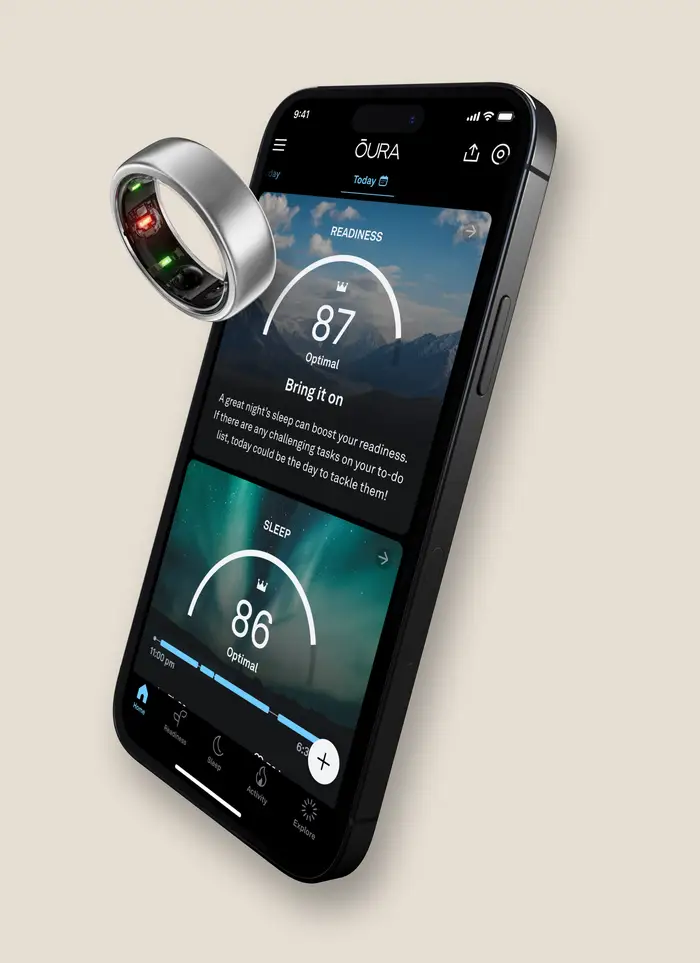
Oura rings cost between $300-$550, depending on the design.
The Oura ring is pretty discrete. It looks like a wedding band, but it’s really a wearable that gathers data on how well the wearer sleeps, in addition to tracking movement, temperature, and heart rate throughout the day.
Diamandis says he was an early investor in the company, though his VC firm exited that investment about a year ago. He’s still a die-hard Oura fan and was wearing his ring when I recently met him in person.
If you start to look for it, you’ll quickly notice many other longevity enthusiasts wear an Oura too. Kim Kardashian, Prince Harry, Mark Zuckerberg, and Gwenyth Paltrow have all been seen wearing it — and even competing for the best sleep scores.
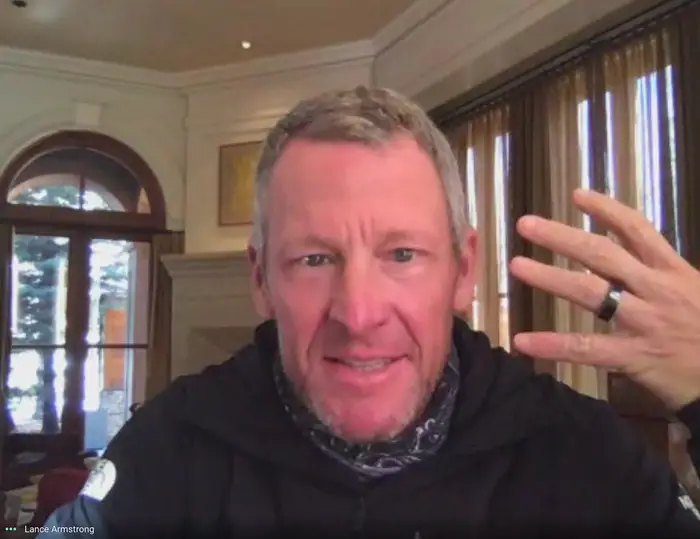
Lance Armstrong with his Oura ring
“The Oura ring doesn’t help me sleep better,” Diamandis said. “It helps me remain true to my commitment,” by encouraging him to get at least seven hours of sleep per night.
Oura gives him a sleep score every morning, and he always shoots to get his number above 90%.
“I know when I’m going to sleep I am going to have a digital reckoning in the morning,” he said.
It’s a little additional push to get him into bed early and adhere to good sleep hygiene, like avoiding screens, food, or alcohol in the hours before he hits the sack.
A $2,550+ mattress cover
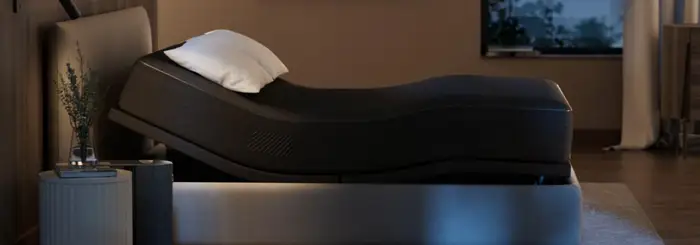
It’s baked into our biology, a reminder of our cave-person days — We humans tend to sleep better at slightly colder temperatures.
Diamandis says he turns his bedroom into a sleep cave at night by turning the thermostat down to 63 degrees and using a special cooling mattress cover developed by the 2015 Y Combinator startup Eight Sleep.
Elon Musk, Mark Zuckerburg, and Tim Ferriss are also Eight Sleep adopters, according to the company. So are some top Formula 1 drivers, CrossFit champions, and pro cyclists.
“You can set the temperature to come and warm you up in the morning when you’re getting up,” Diamandis said of the cover.
A $35 eye mask
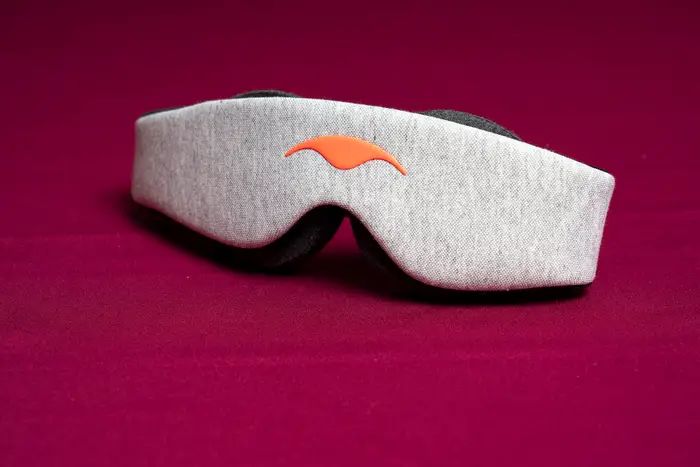
Manta eye masks have developed something of a cult following on social media
Diamandis’ favorite sleep device is a $35 eye mask, which operates like blackout curtains for his eyeballs. This has become a huge asset when he’s traveling for work.
“It basically blocks out all the light,” he said.
A special mouthguard for snoring
Diamandis is no stranger to the big, loud CPAP machines that are recommended for sleep apnea sufferers.
“Those things are monstrous,” he said.
So he’s switched to using a mouthguard that does something similar for sleep apnea and snoring, without the big bulky machine.
“I use what’s called a mandibular advancement device, which is an upper and lower mouthpiece,” he said. “That slightly juts your jaw forward, opens your airway.”
In addition to helping control his snoring and teeth grinding, he finds it also provides “a sense of comfort.”
It’s all in the timing
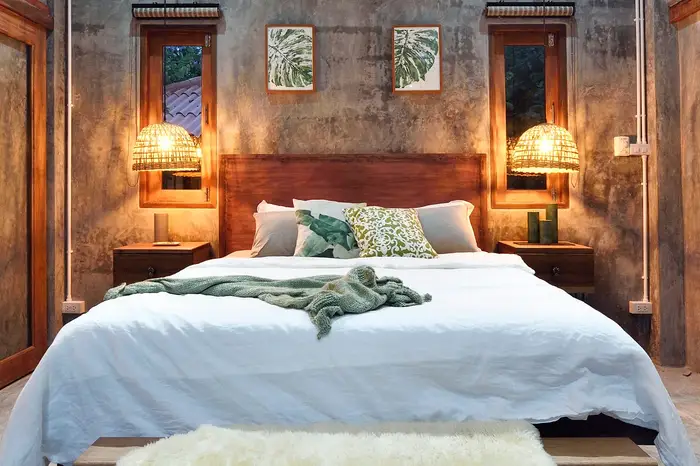
“I make every effort I possibly can to be in bed and asleep by 9:30,” he said. “Because I’ll pop up at some time between 5:30 and 6 in the morning.”
Sticking to this strict sleep schedule is the only way he can guarantee he gets close to eight hours of sleep each night. Unlike his other sleep habits, this one’s technically free, but it certainly isn’t easy for everyone to achieve, as it costs one of our most precious resources: time.

